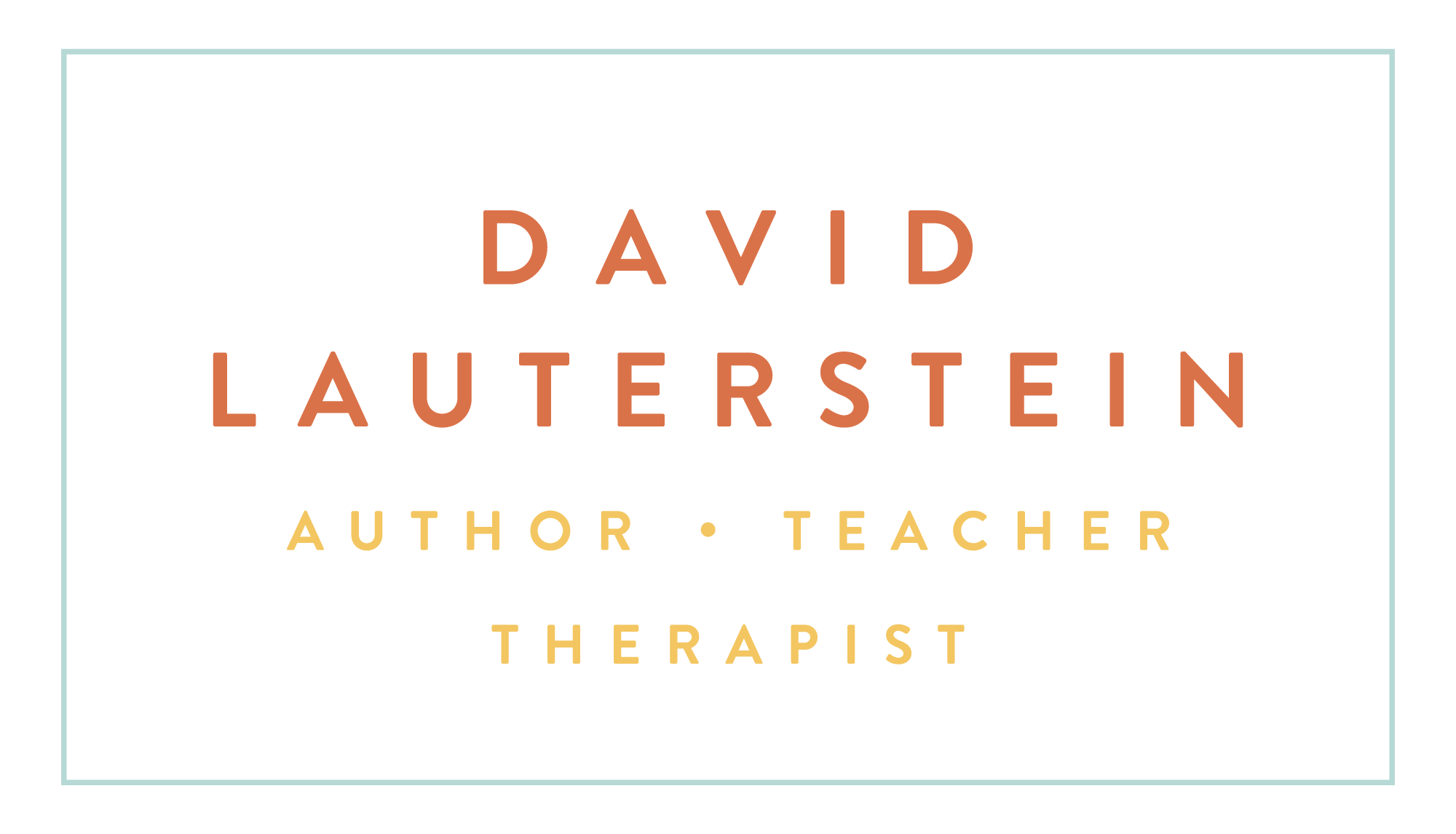STRESS IS NOT REALLY THE PROBLEM!
I’ve been revisiting a book, “Giving the Body its Due” edited by Maxine Sheets-Johnstone, containing a superb essay, “Minding the Body: The Placebo Effect Unmasked” by Daniel E. Moerman. Recently, I read another essay, “Life under Stress: From Management to Mourning” by Robert Kugelmann. What follows is derived from it and my reflections upon his words.
“The metaphor of stress dates roughly from the mid-nineteenth century, when an engineering mentality began to take root in medicine. Psychology began to define itself as a science in the early 20th century and sought to bolster its prestige in the public eye with the claim that, like engineering and technology, it improves the human condition.”
But, on the contrary, engineering and technological development in the modern world ironically has not improved the fundamental human condition. As a matter of fact “the single most important cause of stress stems from our lack of control over our lives” stemming from the accelerated changes brought on by technological “innovation” our time. We live in a world where change is so rapid that adaptation to it takes more energy than we have.
As R.D. Laing said, “There’s been fantastic changes in mode of living in the space of even 50 years. I doubt if in ancient Egypt in the span of 5,000 years the mode of living changed as much...In that case we have to reckon that we may have become very disorientated and disarticulated from the biological and spiritual underpinning of our existence. Our society may have become out of joint with the cosmic pattern.”
Because “stress is the condition of living in constant and unsettling change,” it is a form of unremitting grief, what Hegel called, “the highway of despair.” But in the West, mourning has been progressively lost as a public custom – unlike in some earlier cultures.
Where time is money, grief cannot occur. Grief takes time, however stress takes “management” and the sooner the better!
“Stress management is a form of adaptation.” The adaptive techniques offered to us are life-style changes and if necessary quick, pharmaceutical assistance. But we can see the management of so-called stress is a cover for grief-avoidance.
Management of stress doesn’t touch the underlying grief stemming from the loss of control. That unresolved grief is what gives such momentum to regressive politics – what was ‘great” in the past has been continually superseded with no time or support for mourning - thus the fury so many people now live with - that “gives” them energy but at the expense of even more stress as well as hatred for progressive thought and action.
To bring ourselves healthily out of this situation, takes inner and outer work. We need a time for ritualized mourning. We need a time emptied of to-do lists, of so called “time management.” Time anyhow is not something we can “manage”. Both time and stress management assume both time and stress as relentless, so all we can do is manage. But stress and time management are actually strategies to cope with stress-perpetuation.
Dare we suggest “ritualized” mourning in this world? Could newscasters as well as politicians, continually advocate for time in which we could mourn for the loss of what we thought of as civilization? We can slow down and reflect on where we need to go together. Part of the solution is being at home in oneself, dwelling in all one’s feelings, including grief. But also being at home in the world – may we learn that this massive grief and loss is shared and we can only deal with it by acknowledging that we are at home together. We can let our tears help us replenish this world that has been dehumanized by humans.
Mourning is needed more than ever - not the striving for happiness which is too often a substitute for deeper feeling. The pause and resolution and resolve that mourning needs, can bring us again to the shared love of life.
“ God created the child, that is, your wanting,
so that it might cry out, so that milk might come.
Cry out! Don’t be stolid and silent
With you pain. Lament! And let the milk
Of Loving flow into you.”
- Rumi – Cry out in Your Weakness

